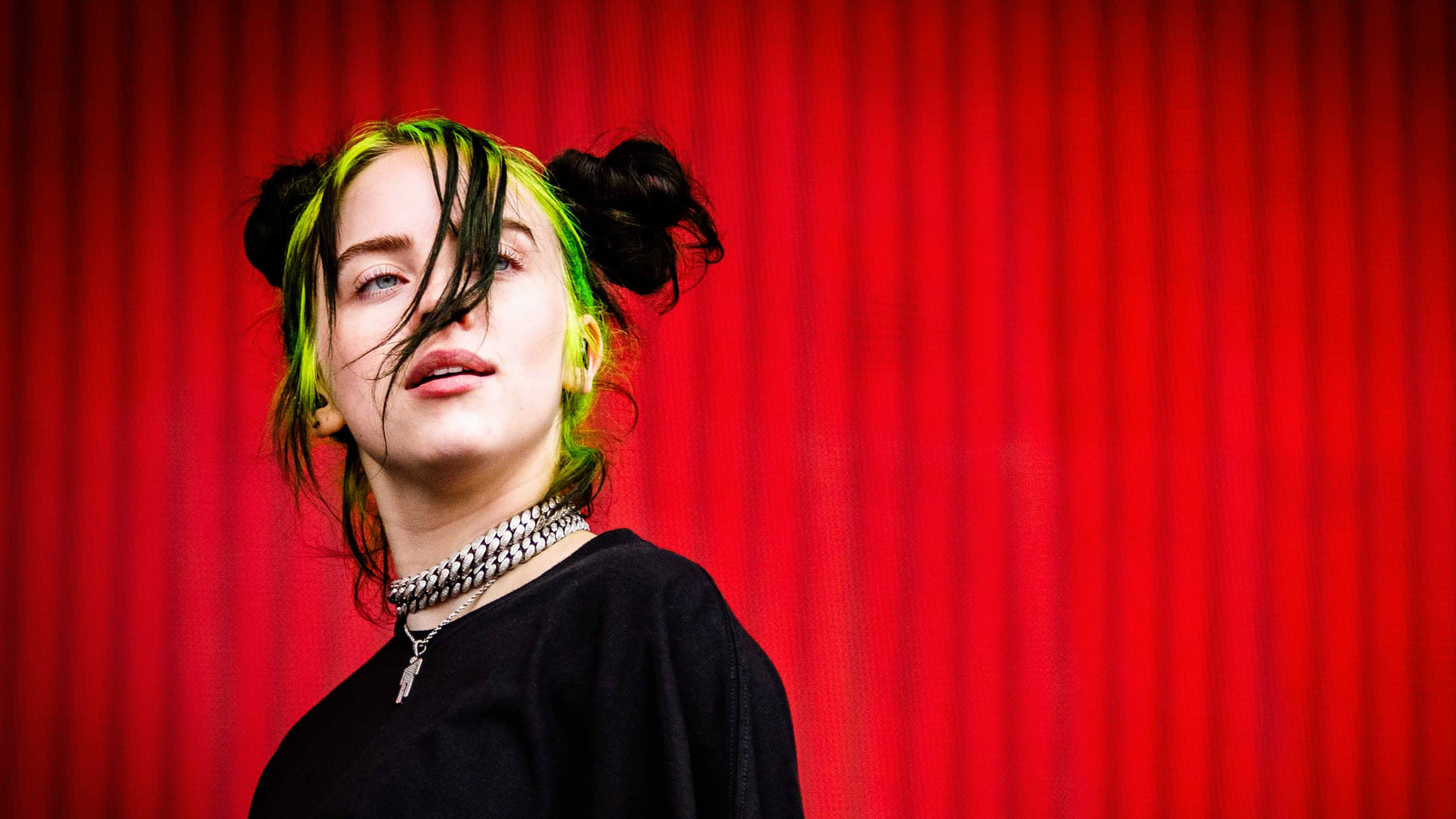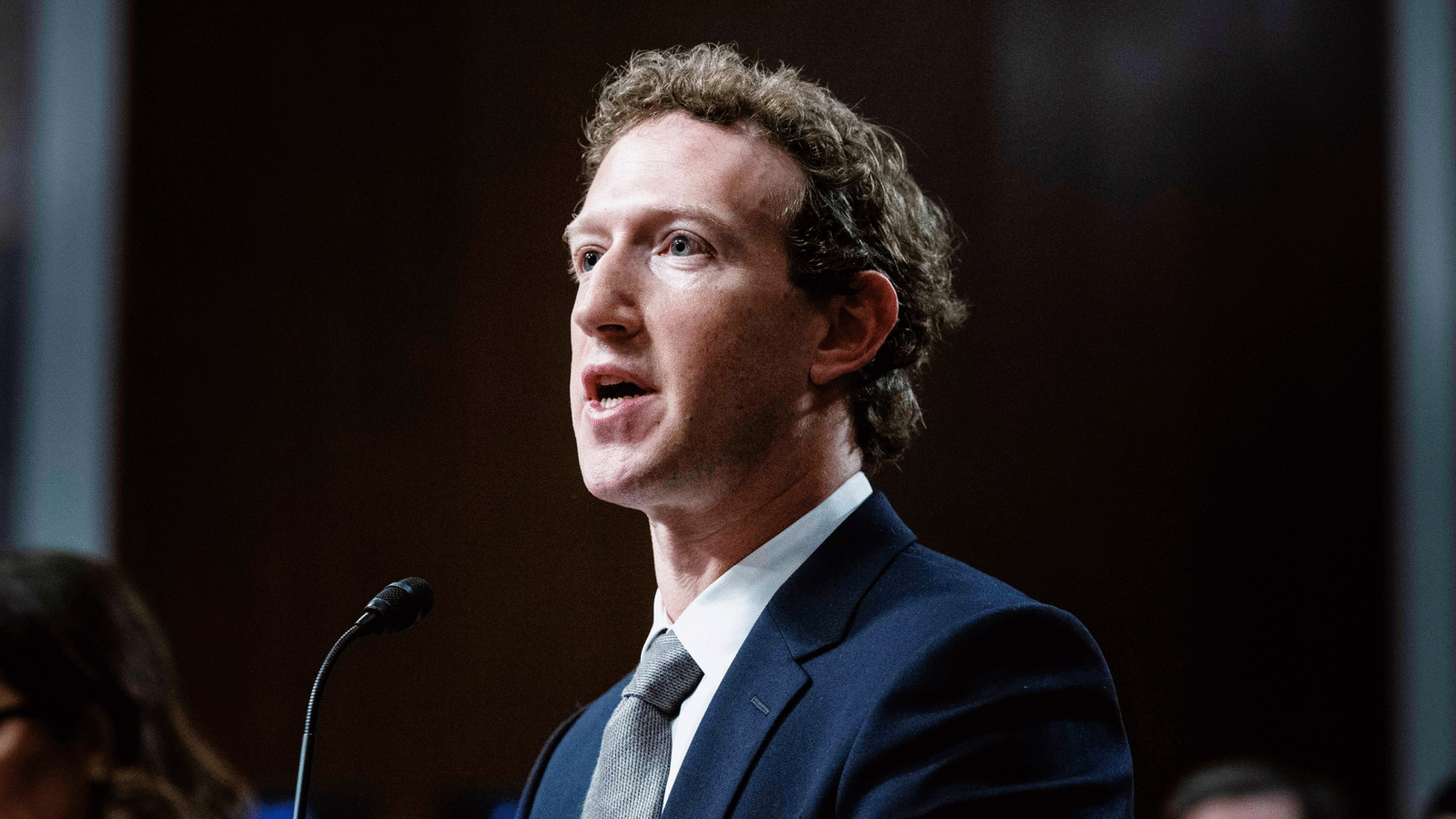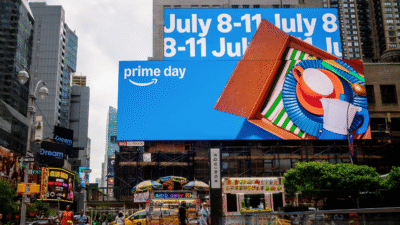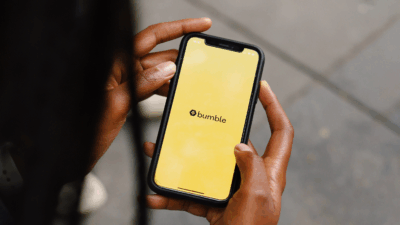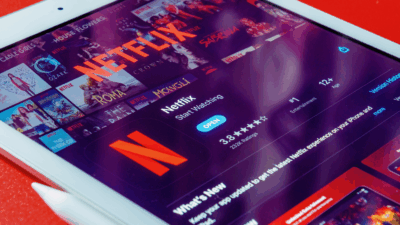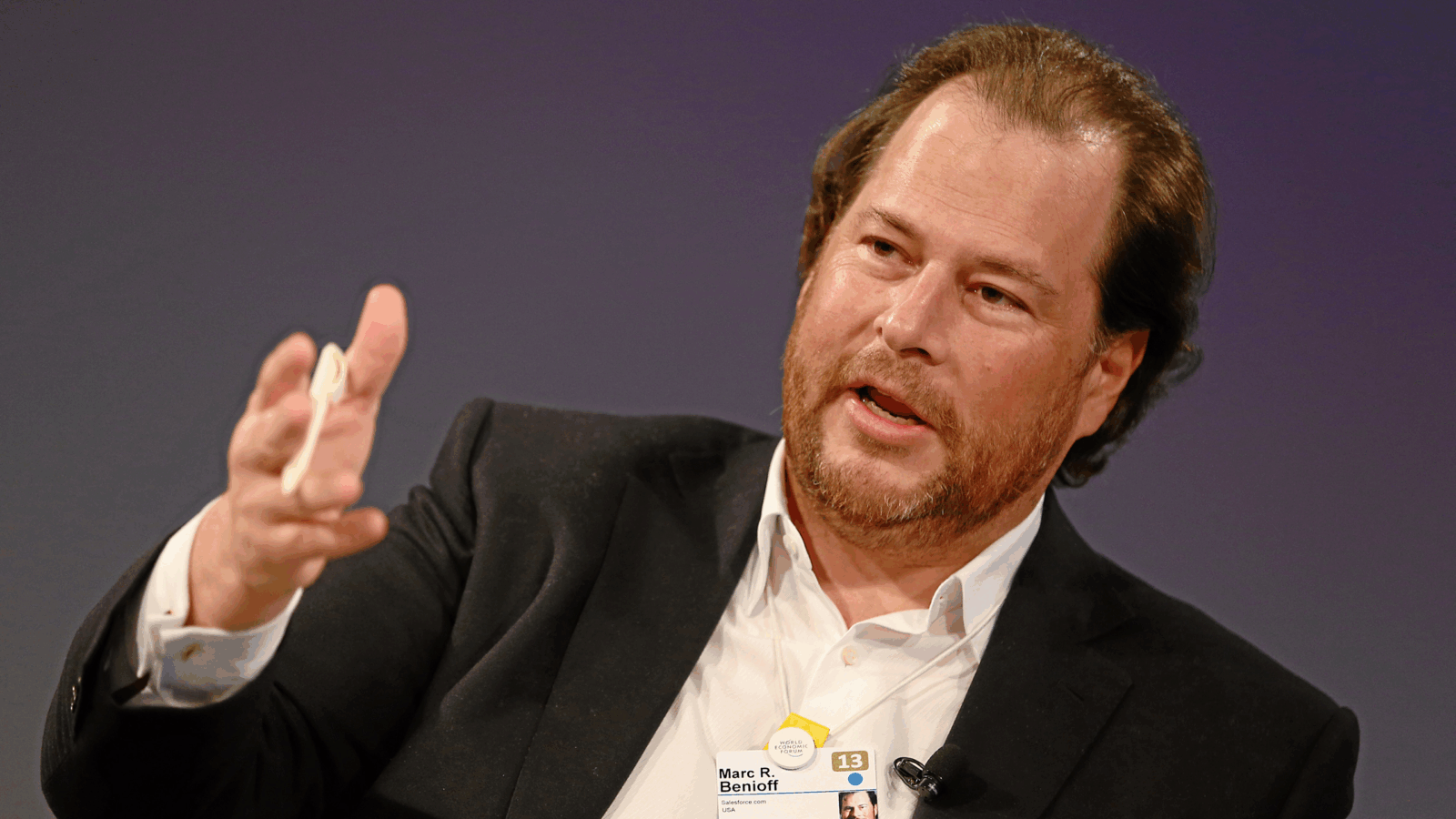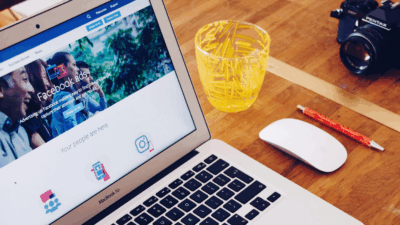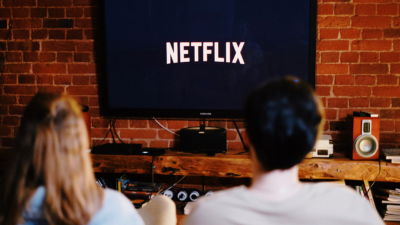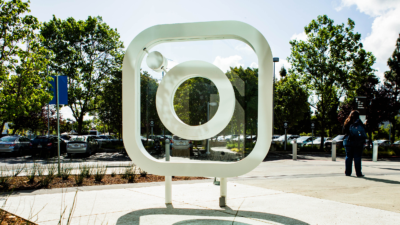Universal Music Squashes its Beef with TikTok
The new deal enmeshes UMG’s music into TikTok’s burgeoning e-commerce business while also battling AI-generated songs.
Sign up for smart news, insights, and analysis on the biggest financial stories of the day.
TikTok can tick Universal Music Group off its enemy list.
Four months ago, the music giant pulled all its music off TikTok, saying the social media platform paid artists a pittance. Now the two companies have reached a detente with a new licensing agreement. While we don’t know who made what concessions, a few themes stand out in their public statements. The big ones? Money and AI.
Diss Tracks
UMG and TikTok’s statements when UMG first yanked its music were extraordinarily waspish, so the truce is somewhat of a surprise. The conflict sparked amid the broader backdrop of UMG’s drive to shake up the music streaming and digital licensing landscape. According to UMG, this isn’t just about royalties: the new agreement includes a promise from TikTok to build app-specific products that benefit UMG artists, which include Taylor Swift, Billie Eilish, and Ariana Grande.
Tatiana Cirisano, senior music industry analyst at MIDiA, told The Daily Upside that the new deal enmeshes UMG’s music into TikTok’s burgeoning e-commerce business — something along the lines of TikTok showing users a link to buy tickets to see the artists singing the latest inexplicably viral song. Cirisano also noted the deal includes a new feature that betrays one of UMG’s big fears: “The mention of an ‘Add to Music App’ feature reflects the music industry’s concern that music fandom is getting ‘trapped’ on TikTok and not always flowing through to streaming platforms, which are the biggest revenue driver for companies like UMG,” she said.
Another key change is TikTok promising to do something, anything, about AI:
- “For UMG, the AI point is not just about tracking AI uses of music, and stopping the spread of unauthorized deepfakes,” Cirisano said. “It is also about the potential for ByteDance to, at some stage in the future, simply substitute human music for AI music, which would lower ByteDance’s music licensing costs.”
- UMG has also been addressing AI-generated music with streaming deals. An agreement last year with music streamer Deezer revamped how Deezer remunerates human artists versus “white noise” tracks, which are easily generated using AI (or even just playing a looped bit of audio of a washing machine).
Remixing: Kriss Thakrar, a music analyst and consultant at MIDiA, believes the carve-outs UMG has won around AI could set an industry precedent. “The threat of AI diluting the royalty pool is going to be a big theme in all future negotiations with any social or streaming platform,” said Thakrar. “The tools TikTok will implement to improve attribution toward modified audio is likely to become a standard in deals going forward. The rise in consumer creation that MIDiA has been tracking has led to a significant increase in the amount of music being modified and remixed by the next generation of music fans.” To be fair, how can the general public seriously resist the siren song of Johnny Cash singing Barbie Girl?
